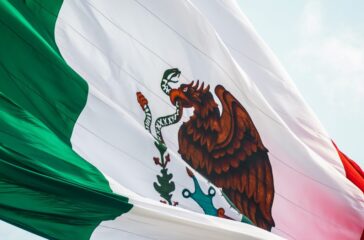Mexico delays planned April 1 glyphosate ban
By Carey Gillam and Johnathan Hettinger
After standing firm for more than three years on plans to enact a ban on the weed killer glyphosate starting today, Mexican officials said they were delaying the ban.
 EWG
EWG
